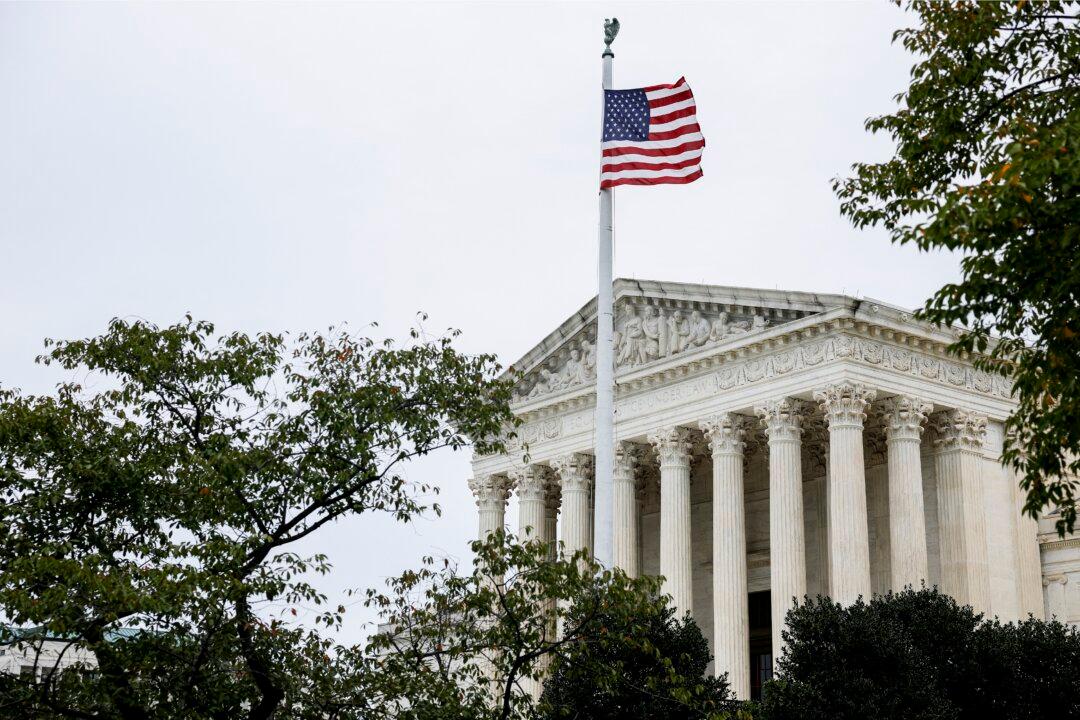The Supreme Court agreed Nov. 10 to hear the appeal of a Texas man convicted of health care fraud who argues that he was unjustly separately convicted under a federal aggravated identity theft law because a form he filed contained a patient’s name.
The granting of the single petition on Nov. 10 was unexpected. The court previously announced it would issue new orders on Nov. 14.





